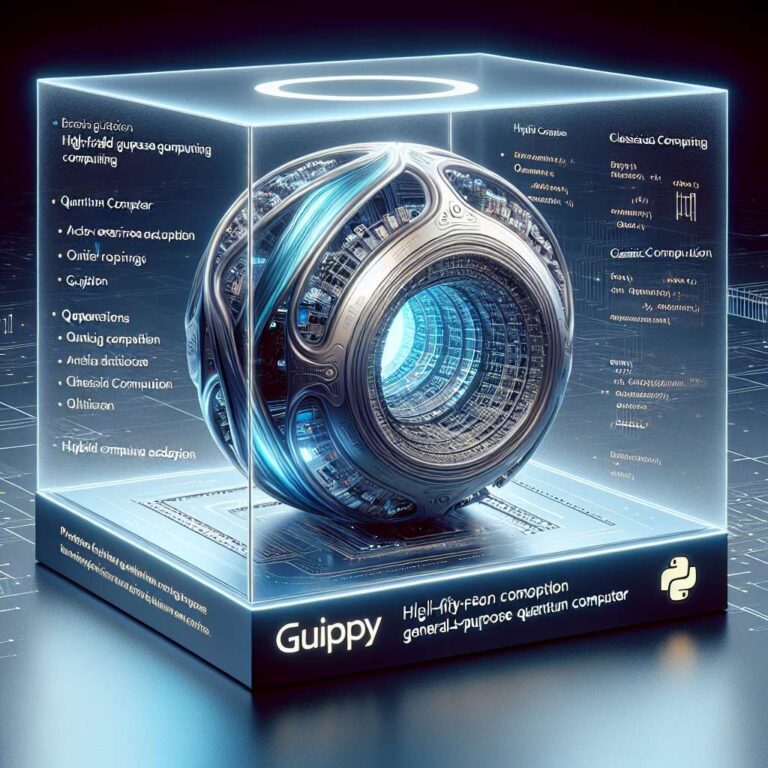Quantinuum announced the commercial launch of Helios, which the company describes as the world’s most accurate general-purpose commercial quantum computer. Quantinuum says Helios delivers the highest fidelity of any commercial system and is designed to accelerate enterprise adoption of quantum computing. The announcement frames the system as a step toward broader industrial use, targeting sectors such as drug discovery, finance, and advanced materials.
Helios incorporates what Quantinuum calls a first-of-its-kind real-time control engine that enables developers to program a quantum computer in a manner similar to programming heterogeneous classical computers. The company highlights that the platform is intended to simplify development workflows and support hybrid execution patterns where quantum and classical compute resources operate together within a single application.
Quantinuum also introduced Guppy, a modern Python-based programming language that allows developers to combine hybrid compute capabilities, quantum and classical, in a single program. Helios is now accessible to customers through Quantinuum’s cloud service and through an on-premise offering. Dr. Rajeeb Hazra, president and chief executive officer of Quantinuum, stated, ‘The next computing inflection point starts today,’ and said enterprises can now access a highly accurate general purpose quantum computer to drive real world impact and transform how industries innovate, from drug discovery to finance to advanced materials.

